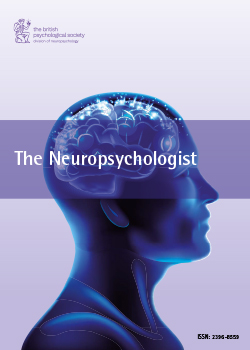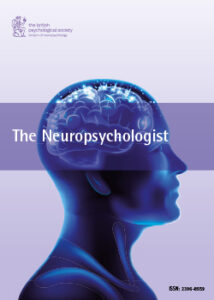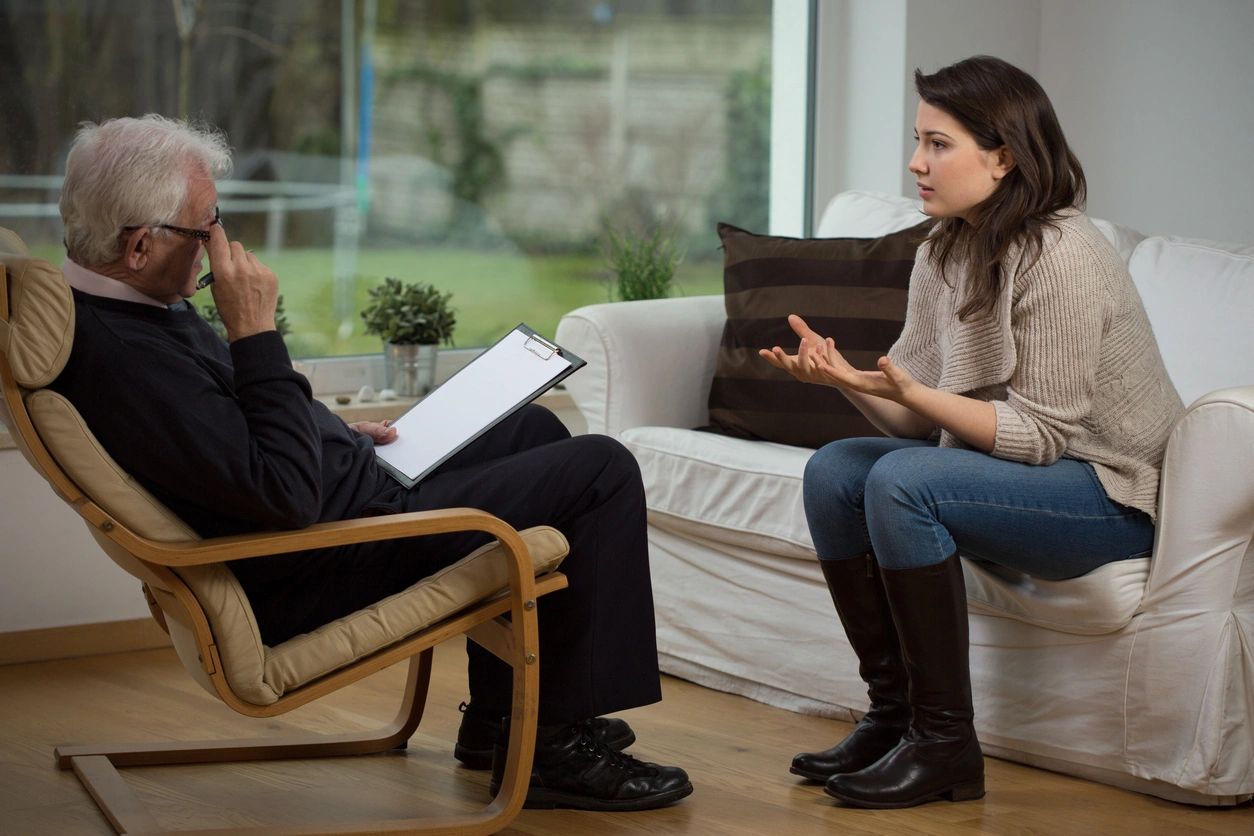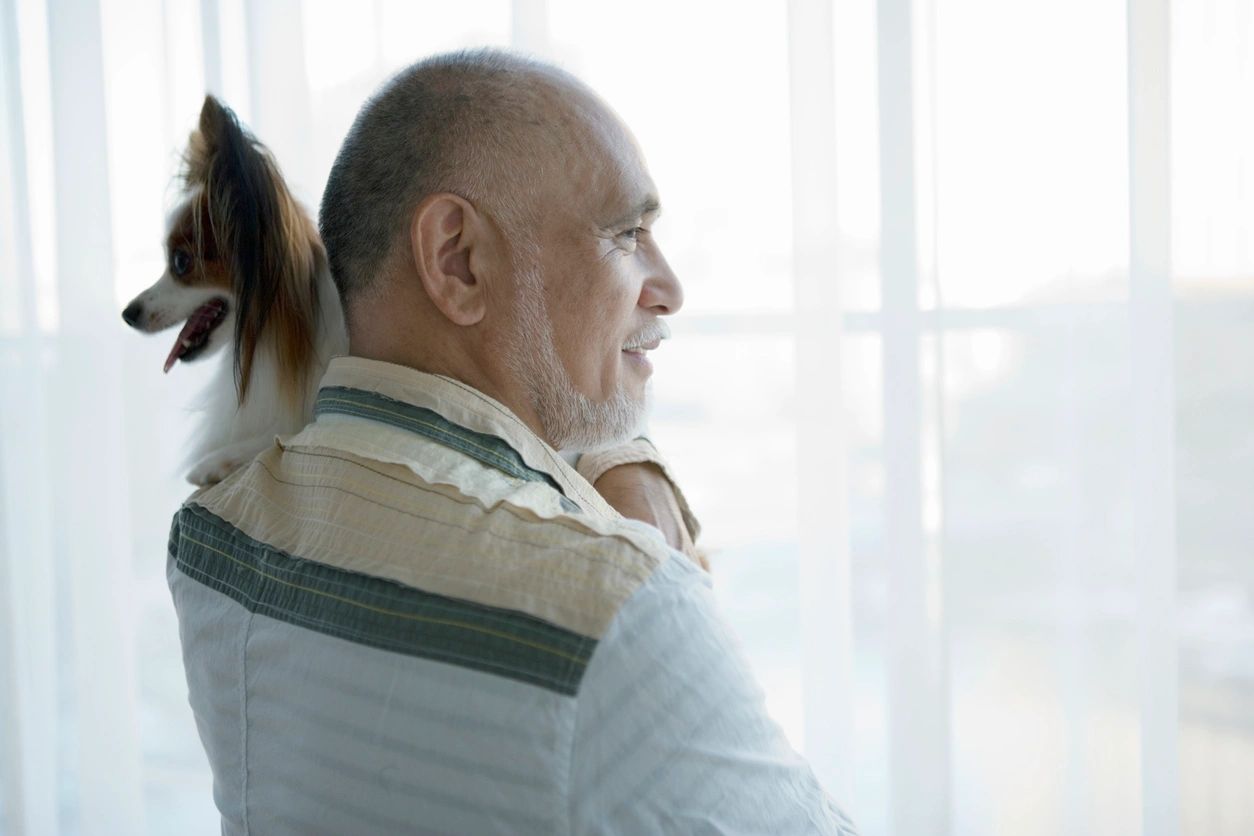#NPsychTeamResearch – Impact of Covid-19 lockdown for people with brain injury in the UK. Carlacci De Mattia, Campbell, Parrett. The Neuropsychologist April 2023 via NPsych
The Neuropsychologist 15: 40-51
Impact of Covid-19 lockdown on the mood, behaviour, and social activities of people with brain injury in the UK: Results of a survey of brain injury professionals’ reports
De Mattia, Lucilla Carlacci
Campbell, Tomás
Parrett, Neil
#NPsychTeamResearch
Abstract
The Covid-19 related lockdown of March–June 2020 in the United Kingdom (UK) may have negatively affected mood and behaviour of people with brain injuries. Conversely, there may have been beneficial effects due to reduced demand on cognition and emotional regulation. In this online survey study, care coordinators (n=19) assessed the consequences of lockdown on 130 individuals with ABI (range 3–29 clients per care co-ordinator; 10–65years+; and mostly living in residential care). The majority of reports were of no change to mood, behaviour, or social functioning (105 ratings). However, respondents reported that 88 (68 per cent) clients presented with changes: 63 clients (48 per cent) had lower mood, higher distress, and agitation, and were less engaged in usual activities; while 25 clients (19 per cent) were reported to have improved. Moreover, 13/19 (68 per cent) of respondents reported increased vulnerabilities in their clients, and 5/19 (26 per cent) reported online exploitation, controlling behaviour from partner and financial scams. These data present a mixed picture of how the first national lockdown affected people with ABI.







